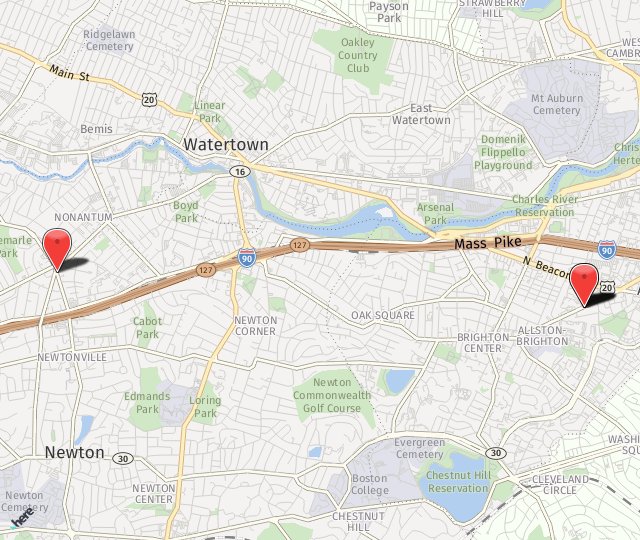Grinding is something you do to coffee beans, not to your teeth. With that said, this habit, along with jaw clenching, is a problem that deserves some attention. Dentists spend so much time educating patients on the pitfalls of poor oral hygiene that many people don’t even know what bruxism is, or why the condition characterized by a clenched jaw or grinding teeth can be so costly.
Bruxism is an interesting oral condition that doesn’t get much attention, though it should. It could have roots in daily stress, in medication (anti-depressants, how about that!), or in the structure of the mouth. To properly address it, one must know that they have it, and this is where the twist comes in. In many cases, the clenching and grinding that cause damage to teeth and to the jaw goes on while you sleep. This means that you could engage in this activity without realizing it, at least not until you experience chronic jaw or facial pain, gum recession, or tooth fractures.
Bruxism: What to do
The good news is that there are ways to prevent extensive damaged from bruxism. First, you must discern if you have the condition. Your dentist may find clues in symptoms you report, as well as in your mouth. People who clench their jaw frequently may have worn down teeth. They may hear a popping noise when they move their jaw, which can indicate that bruxism has lead to TMJ dysfunction. Reaching an accurate diagnosis is one thing, finding a remedy is another, but it can be done.
- Stress reduction is often a primary remedy for minimizing the aggressiveness or frequency of bruxism. A good way to think about it is to know that what happens during the day, and your feelings about it, will manifest at night. Finding ways to mitigate stress is necessary to save your teeth from undue wear.
- Dental care can also be performed to address bite issues that may be a trigger for grinding. Sometimes, teeth need to be straightened so that upper and lower teeth fit together properly. Sometimes, this can be accomplished with dental crowns. Finally, your dentist can make a custom fit night-guard for you to wear while you sleep. This creates a buffer around your teeth so enamel does not wear down.
Leave the grinding to your coffee beans. Call Soft Touch Dentistry to put an end to bruxism.


